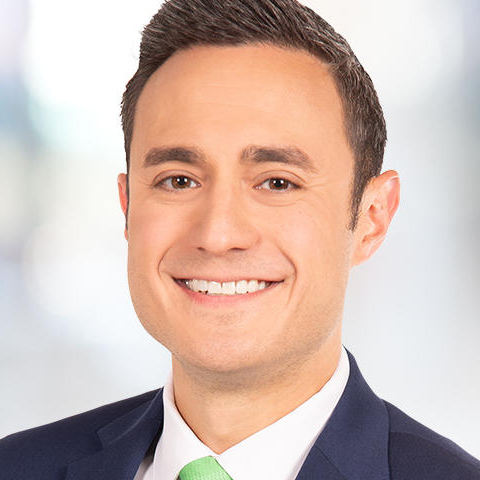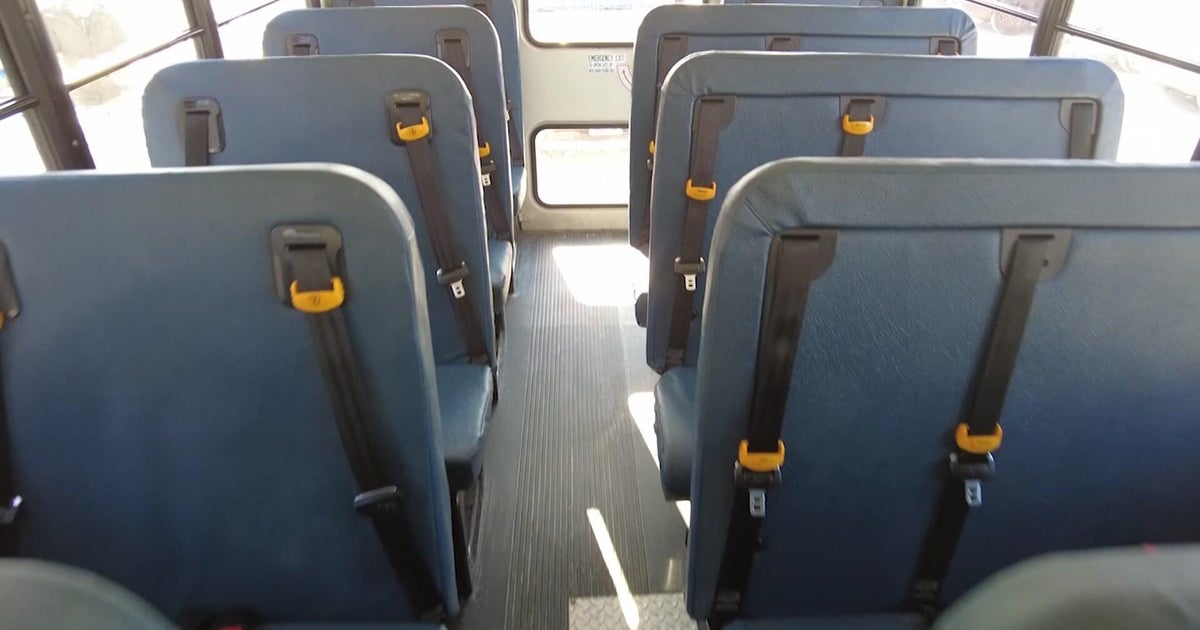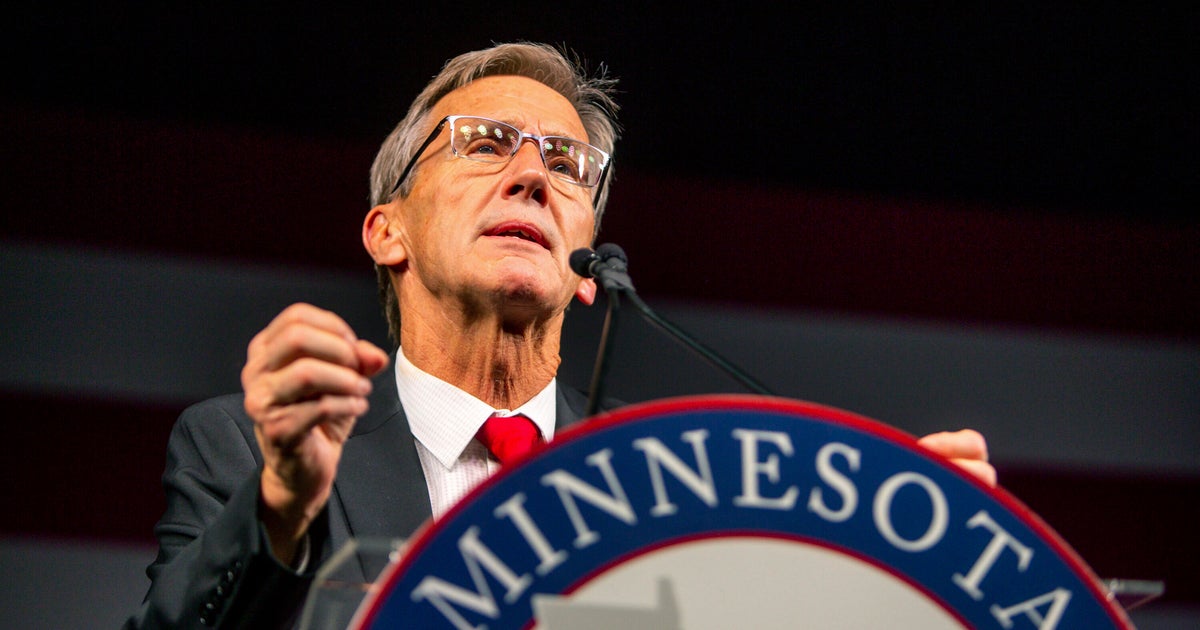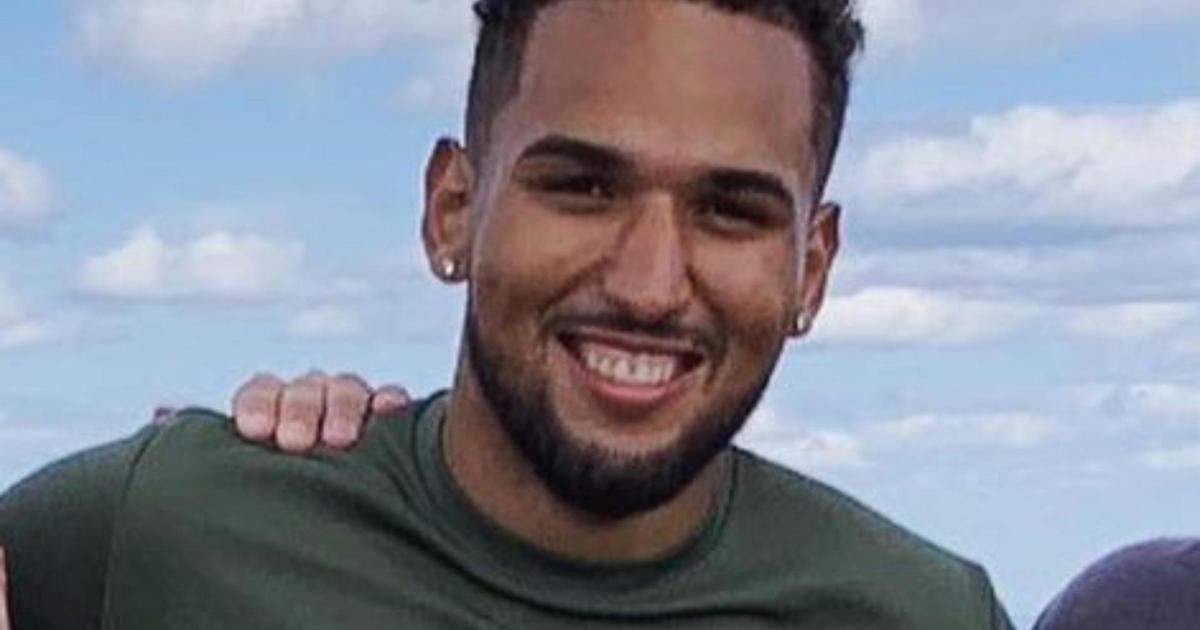How are election polls created and how accurate are they?
MINNEAPOLIS — Whether it's on our airwaves or your social media feeds, election poll results are hard to escape.
Monday evening, the latest CBS News and YouGov poll showed Vice President Kamala Harris with a three-point lead nationally over former President Donald Trump.
Crunching the numbers and making sense of them is the mission for Anthony Salvanto, the CBS News Director of Elections and Polling.
"Democrats have become more enthusiastic since (Harris) became the likely nominee," he explained of Harris' three-point lead. "It's the battlegrounds that are going to decide the electoral college and therefore the presidency, and (Harris and Trump) are even."
In order to create an effective poll, Salvanto said it needs to be a microcosm of the group he's trying to survey. The groups could be made of voters, Democrats, Republicans, people of different genders, age groups and education levels.
"People always ask me, 'Why wasn't I part of the poll?' Well, you might be and you might have been, but even if you weren't, someone in that poll was enough like you to represent you," he said. "More than 81 million people voted for President Joe Biden in 2020, meaning many of those voters could have represented someone who wasn't included in a poll based on a range of demographics."
The bulk of CBS News' polling involves contacting people directly and asking them to take an online survey, Salvanto said.
Email invitations and polling apps lead the way now, but occasionally a good old-fashioned phone call to registered voters lands a participant.
"The key is they get invited to take it. It's not just that anyone can come in and take if they want to," Salvanto added.
Salvanto said he believes polls are highly accurate, even considering what happened in 2016: the proverbial "black eye" on polling, when many polls had Hillary Clinton defeating Trump.
He pointed out that polls were somewhat right in 2016 since Clinton did win the popular vote, but analyses of their methodology showed college graduates were overrepresented in polls, which overestimated Clinton's support.
Non-college-educated voters, specifically White men, heavily voted for Trump.
That's why Salvanto puts more weight on polls of battleground states and the electoral college votes they carry. And he says knowing a poll's margin of error will help with its accuracy.
Many voters tell WCCO polls don't sway how they vote but that they do serve a purpose.
"I think it's primarily more so for politicians," said Terrance Hendricks. "And who they decide to campaign to."
"I think they're probably most useful to kind of get a sense of like where people are at on topics," added Gretchen Buchanan.








